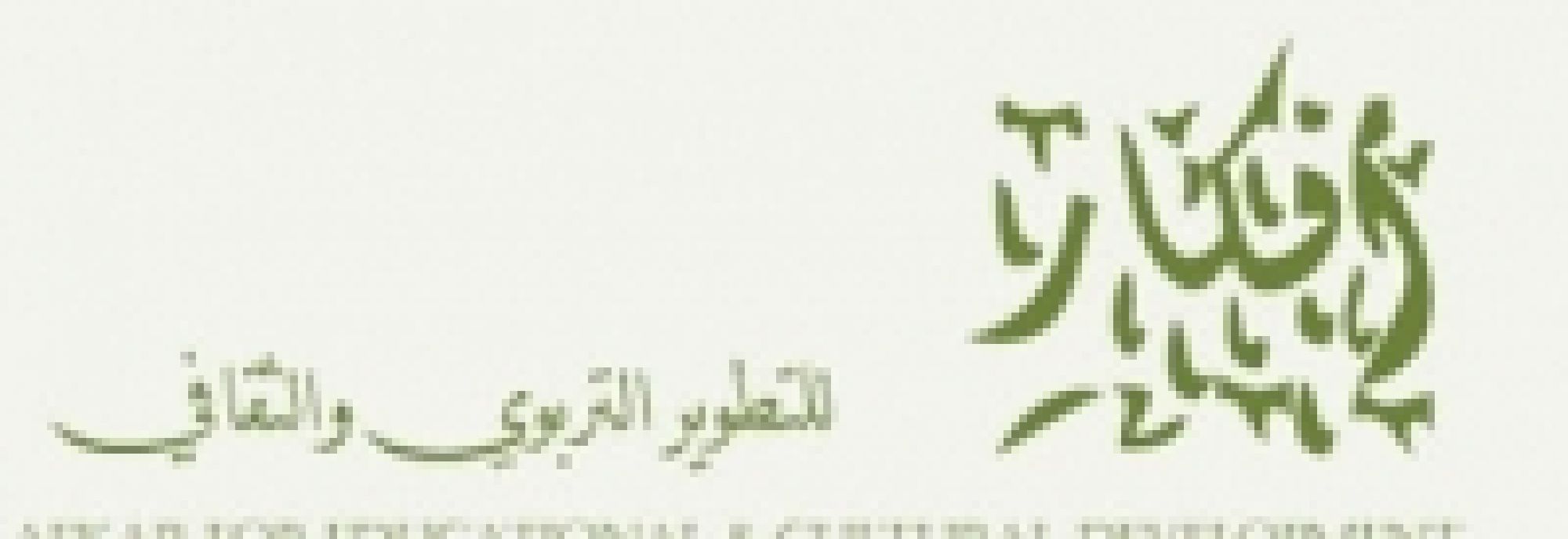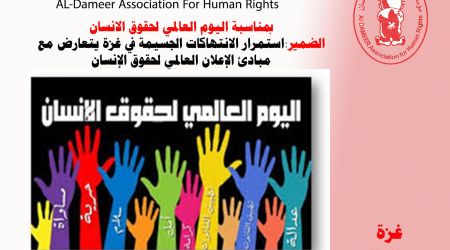
The start of year 2012 witnessed a quantum leap regarding program, managerial, financial, and strategic development to Afkar For Educational & Cultural Development. Since its’ establishment, the organization has striven to offer activities and programs necessary and influential to adjust students’ behaviors, and to successfully use education participatory tools. This progress was accompanied with signing partnership agreements and offering technical assistance by the funders for raising service level presented by AFKAR to its targeted groups.
So, on cooperation and partnership level, Ms. Ilham Mheisen, General Director of the Public Administration for Activities in the Ministry of Higher Education, responded positively, where she provided all necessary facilities to execute PDFC (Palestinian Debate Forum Competition project) which was enforced, with the cooperation of the ministry since 2010, in more than one governorate, reaching to more than 55 public and private schools this year, distributed on 5 governorates. In addition, Ms. Mheisen showed her willingness and cooperation with the organization in selecting students who participate in PDFC and show high capabilities and visible individuality to be nominated to represent Palestine in any regional and international competitions.
On a continuous level, Afkar Organization signed a partnership agreement with the German foundation, Rosa Luxemburg, in which AFKAR would be enlisted within the Palestinian Partner Organizations which it incorporates with. The agreement also states offering technical and financial assistance to develop programs and activities the organization executes for students by sponsoring the Palestinian Debate Forum Competition. Samir Shalaldeh, the board director of AFKAR, expressed his pleasure for signing the partnership agreement, valuing Rosa’s role in supporting Palestinian Non-Governmental Organizations (NGOs), in which the foundation contributed in raising and upgrading services’ level offered to different categories of Palestinian people as a result of its intervention a few years ago.
Salam Hamdan, Rosa Luxemburg’s program manager, expressed her pleasure for cooperating with organizations, one of which is AFKAR, that offers qualitative services which positively affect negative behavior patterns and replaces the previous with tools that help in developing higher intellectual skills for students away from traditional methods of teaching, which doesn’t lead to any development concerning education and culture. This agreement is considered to be an indicator of success, progress and trust to hard and qualitative work into making some kind of change amongst students and teachers.
Moreover, the NGO Development Center (NDC) has enlisted AFKAR within 24 other NGOs, to be offered technical assistance on developing resources and financial management level. Also on the level of the organization’s management within good governance criteria, in addition to the most appropriate use of communication means, media, lobbying, and advocacy. Work has already started, dealing with specialized centers to initiate development process.
Moreover, the Pontifical Mission/ Jerusalem has signed an agreement memo with AFKAR in which support would be offered to the organization concerning framing and evaluating the strategic plan, in addition to the administrative support. Work is underway in studying the demands, framing the strategic objectives and structuring programs executed by the organization to establish a 3-year strategic plan. It is worth mentioning that this objective makes one of the manifestations of the Pontifical Mission’s partnership and cooperation which last for five years starting the year 2009, till the middle of year 2013.
As for program and activity level, the organization started the second phase of the competition, including 26 high schools for both boys and girls in Ramallah, Nablus, Salfit, and Qalqelia funded by both the Palestinian NGO Development Center and the Pontifical Mission/ Jerusalem. This phase targets tenth graders, noting that the first phase targeted eleventh graders. The project has been initiated since the beginning of the first scholastic semester 2011/ 2012 and continues till the end of August 2012.
At the same time, the organization began executing the first phase of PDFC, funded by the German foundation, Rosa Luxemburg, which targets 108 tenth and eleventh graders in 18 high schools for both boys and girls, distributed on the governorates of Ramallah, Salfit, and Qalqelia. The project also targets 18 teachers that coordinate and supervise the students’ training process. It is worth mentioning that the competitions will take place between schools of the same governorate, however; schools of the three governorates participating (Ramallah, Salfit and Qalqelia) which score the best get the top three ranks, regardless of what governorate they are.
PDFC is based on the idea of targeting tenth and eleventh graders during the first phase in different schools, in which they are represented by 6 participating students divided into two groups, (a) and (b). Each school takes on two topics. Group (a) supports one of the previous using logical proof and scientific evidence while debating with another school opposing the topic with also the same. Likewise, group (b) of the same school opposes the topic chosen using logical proof and scientific evidence while the other school takes the supporting side and as is for the rest of schools.
As for the second phase, the schools with the best performance are chosen to initiate the Self-Execution Phase in their own schools for a whole year by the school coordinator him/ herself. This criteria is a pre-requisite condition to nominate students to represent Palestine in regional and international debates.
Evaluating the debate project and its progress, Odeh Zahran, the Director General of Afkar, expressed his pleasure for the project, in which it is regularly subject to many evaluations and feedback by all participating students, teachers, education directors, officials in the ministry of education, execution staff, judges, and coaches. The project reached the level of having 6 phases, after it just had 2 phases in the beginning of this year, i.e. three years later of its enforcement.
The project is divided into six phases: First, it starts with giving teachers a training course to guide their participant students in understanding the concept of the competition and forms of scientific research, adopting the principle of critical thinking in data analysis and keeping up with their progress in the research process regarding the competition’s chosen topics by students themselves, which essentially evolve around general policies and value issues that are controversial amongst students and society. In the Second Phase, the forum targets the student contestants by exposing them to the concept of debate and its criteria, and logical thinking, as a new subject added this year only, suggested by school coordinators, by giving the students a workshop. After that, the Third Phase initiates by a follow-up to both teachers and students for two months in each semester, to make sure the course of work is going according to plan. Thereafter, the Performance Phase, which forms the output of all the hard and team work in addition to scientific research by both students and their teachers to achieve the best results in debate. After being done from the performance phase, and on the sidelines of the project, planned-for activities are executed in Summer Camps by the winner students of the top three schools.
In the end, the chosen coordinators start the enforcement of the Self-Execution Phase, where they begin training their school’s students the art of debate and having competitions between their school’s students and students of other schools chosen for this phase.
The program aims to exposing youth leaderships in schools and social institutions to a different culture of debate based on scientific reference, definite data, human values appreciation, and basic debate rules in dealing with the other, which inevitably shows positively in development policies, taking into account that making a change can’t be achieved without working on the development of these leaderships, considering them to be the future of tomorrow.


